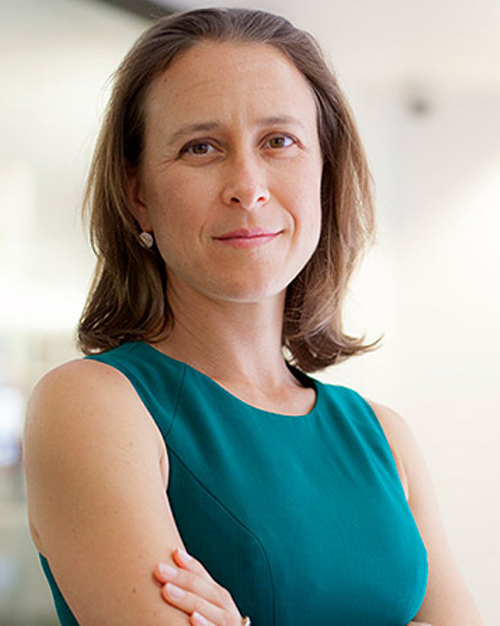The merger is expected to boost investment in 23andMe’s consumer health and therapeutics businesses
After years of spectacular growth, the popularity of direct-to-consumer (DTC) genetic testing is beginning to wane. Nevertheless, opportunities still exist in the DTC genetic testing market for visionaries with funds to invest.
One such visionary is billionaire Richard Branson, founder of the multinational venture capital conglomerate Virgin Group (VG). Branson’s VG Acquisition Corp. (NYSE:VGAC), a special purpose acquisition company (SPAC), announced it is merging with 23andMe of Sunnyvale, Calif., to create a publicly-traded company with the New York Stock Exchange ticker symbol ME.
In a VG press release, Branson states his reason for the merger. “Of the hundreds of companies we reviewed for our SPAC, 23andMe stands head and shoulders above the rest,” he said. “As an early investor, I have seen 23andMe develop into a company with enormous growth potential. Driven by [CEO Anne Wojcicki’s] vision to empower consumers, and with our support, I’m excited to see 23andMe make a positive difference to many more people’s lives.”
According to a 23andMe press release, the deal values the company at approximately $3.5 billion and will net the consumer genetics and research company as much as $759 million in additional cash. Wojcicki and Branson each invested $25 million themselves as part of the $250 million fund to take the company public.

Participation in Research Key to Future of DTC Genetics Testing
Though DTC genetic testing kit sales have slowed in recent years for both 23andMe and rival Ancestry, Wojcicki believes the company’s database of 10 million customers—with 80% of customers agreeing to participate in research—is the key to its future.
“We have always seen health as a much bigger opportunity” than genealogy, Wojcicki told The Wall Street Journal (WSJ).
According to the WSJ, 23andMe customers fill out more than 30,000 surveys each day on health and related issues. With that information, the company has determined its database includes 1.7 million people with high cholesterol, nearly 1.6 million with depression and 539,000 with Type 2 diabetes, information that is highly valued by medical researchers and those running clinical trials.
Personalizing Healthcare through DTC Genetic Testing
Wojcicki expects the merger will propel the consumer DNA-testing company into personalized medicine and therapeutics. “We have always believed that healthcare needs to be driven by the consumer, and we have a huge opportunity to help personalize the entire experience at scale, allowing individuals to be more proactive about their health and wellness,” Wojcicki said in a statement. “Through a genetics-based approach, we fundamentally believe we can transform the continuum of healthcare.”
In August 2020, the US Food and Drug Administration “granted 23andMe a 510(k) clearance for a pharmacogenetics report on two medications—Clopidogrel, prescribed for certain heart conditions, and Citalopram, which is prescribed for depression,” 23andMe announced in a blog post.
“This impactful pharmacogenetics information can now be delivered without the need for confirmatory testing, a testament to the clinical validity of 23andMe results,” said Kathy Hibbs, 23andMe Chief Legal and Regulatory Officer, in the blog post. “23andMe remains the only company with direct-to-consumer pharmacogenetic reports cleared by the FDA.”
23andMe’s trove of genetic data already has netted it a partnership with GlaxoSmithKline (GSK). According to a GSK press release, in 2018, the two companies signed a four-year research and development agreement. The collaboration targets novel medicines and potential cures using human genetics as the basis for discovery.
COVID-19 Boosts 23andMe’s Sales
During a joint interview with Branson in Bloomberg News about the merger, Wojcicki said, “COVID-19 has really opened up doors.” Now more than ever, she said, people are interested in preventative healthcare. “I’ve had this dream since 2003 that genetics would revolutionize healthcare and that’s really the era I see we can now usher in,” she added.
As 23andMe pushes further into personalized therapeutics, clinical laboratories and pathology groups would be wise to watch and see if this new entrant accelerates healthcare’s shift to the precision medicine model of personalized care.
—Andrea Downing Peck
Related Information:
23andMe Go Public with Richard Branson Backed SPAC
GSK and 23andMe Sign Agreement to Leverage Genetic Insights for the Development of Novel Medicines
23andMe Lays Off 100 People, CEO Anne Wojcicki Explains Why
FDA Grants 23andMe Clearance to Offer Interpretive Drug Information for Two Medications
Fears over DNA Privacy as 23andMe Plans to Go Public in Deal with Richard Branson
23andMe to Go Public as $2.5 Billion Company via Branson Merger



